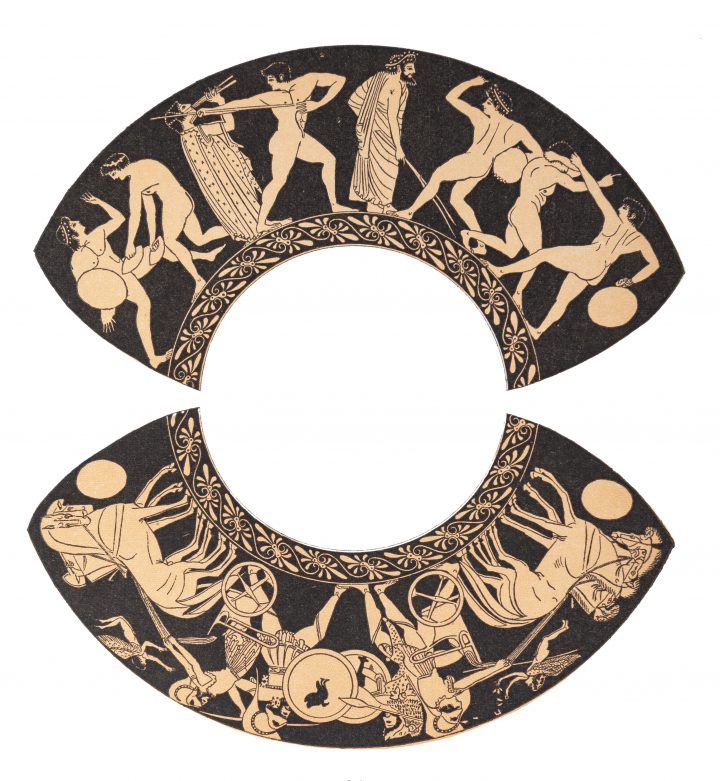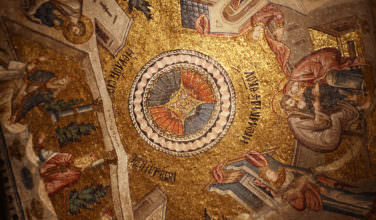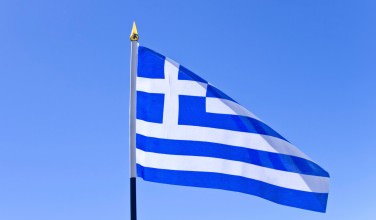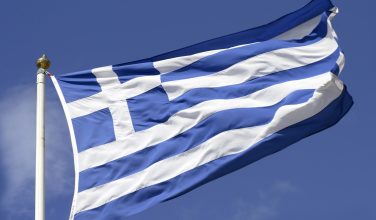Learn About the Ancient Greek Calendar
Comments Off on Learn About the Ancient Greek Calendar
 The Ancient Greeks had a fascinating way of measuring time that was important in their daily lives, religious practices, and agricultural activities. Their calendar was a significant part of their culture, and this article will explore its structure, months, and cultural significance. The Ancient Greek civilization is known for its rich history and contributions to various fields, and its calendar is a fascinating example of its unique heritage.
The Ancient Greeks had a fascinating way of measuring time that was important in their daily lives, religious practices, and agricultural activities. Their calendar was a significant part of their culture, and this article will explore its structure, months, and cultural significance. The Ancient Greek civilization is known for its rich history and contributions to various fields, and its calendar is a fascinating example of its unique heritage.
Structure of the Ancient Greek Calendar
The calendar used by the Ancient Greeks employed a combination of lunar and solar components, known as a lunisolar system. It included twelve lunar months, which corresponded approximately with the lunar cycle, each month lasting 29 or 30 days. Nonetheless, the lunar year was shorter than the solar year, which necessitated the addition of intercalary months to align the calendar with the changing seasons.
Months of the Ancient Greek Calendar
Hekatombaion: The calendar used by Ancient Greeks started with the month of Hekatombaion, which aligns with mid-July to mid-August in the current Gregorian calendar. This month was important as it signaled the beginning of the agricultural year and was connected to celebrations and ceremonial offerings.
Boedromion. The month of Boedromion came after Hekatombaion and lasted from mid-August to mid-September. It was named after the Boedromia festival, dedicated to Apollo, and celebrated his assistance in the Battle of Marathon.
Anthesterion. The Anthesterion month took place from mid-February to mid-March and was linked to the Anthesteria festival. This festival celebrated Dionysus and the maturity of wine while also paying tribute to the spirits of those who had passed away.
Cultural Significance of the Ancient Greek Calendar
Religious Festivals. The Ancient Greek calendar was important in religious festivals and ceremonies and deeply integrated into Greek society. These events honored various gods and goddesses and united the Greek city-states through festivals such as the Olympic Games, Panathenaea, and Eleusinian Mysteries. The calendar served as the organizing principle for these events, promoting cultural pride and unity.
Agricultural Practices. The Ancient Greek calendar was closely linked to agricultural activities. Farmers relied on the calendar to determine the optimal time for sowing seeds, harvesting crops, and conducting rituals associated with fertility and abundance. The timing of festivals, such as Thargelia, marked the transition between spring and summer and the start of the agricultural season.
Lunar Observations. The Ancient Greeks recognized the moon’s influence on tides, crops, and human behavior. The lunar calendar allowed them to anticipate celestial events, predict eclipses, and track the moon’s changing phases, connecting their daily lives to the celestial cycles.
The Ancient Greek calendar, with its lunisolar structure and cultural significance, provided a framework for the Greek civilization to organize their time, festivities, and agricultural practices. It reflected their deep-rooted beliefs, reverence for the gods, and connection with the natural world.
While the calendar has evolved, exploring the Ancient Greek calendar helps us appreciate this ancient civilization’s ingenuity and cultural legacy. Through their calendar, the Greeks ensured the passage of time was not just a measure but a meaningful experience intertwined with their spirituality and everyday lives.
Categorized in: Ancient Greek History
This post was written by Greek Boston





